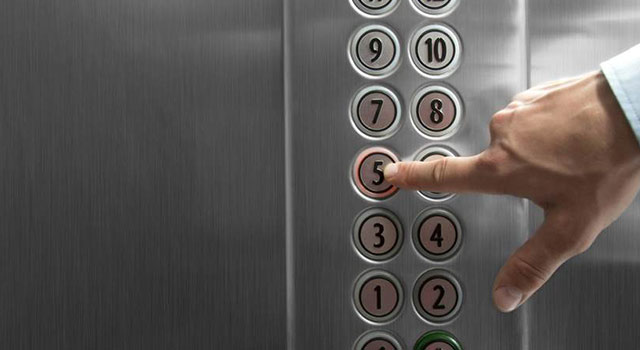Your Sense Of Control Might Just Be An Illusion
So here’s the thing, we think we exert more control in a situation than we actually do. Don’t agree? Let me explain.
Suppose you eat a delicious orange. You may think that you are exceptionally skilled at picking oranges, while in reality, you had no control and you were just lucky to have got your hands on a delicious, juicy orange.
Another example could be winning the lottery. Winning the lottery is the most random thing, but if you win, you tend to think that it is because you somehow knew which token to pick!
In a 2006 study, people were shown clips of basketball players trying to shoot a hoop. The observers were asked to pick whether a player will make the shoot or not make the shoot. At the end of the study, most participants thought or believed that what they willed the player to do actually had an influence on whether the player was successful or not! This is how convinced we are about the amount of control we think we exert.
And we’ve all done it! We press the elevator button multiple times, just to make it come ‘faster’, though we just know that it has no control over the speed of the elevator arriving.
Source – http://safebee.com/
A research study also demonstrated that players in a casino throw the dice harder when they want higher numbers and softer when they want lower numbers. This is our illusion of control!
Source – https://mappingignorance.org/
There are certain advantages to this illusion of control. For instance, if one is diagnosed with a disease, they may want to take control or responsibility for the situation and change their diet, exercise regularly and even take their medication properly. Similarly, we think that by rehearsing our opening statements we can make a good impression on the person interviewing us and hence, we polish our skills and put our best foot forward in an interview.
However, the illusion of control has negative aspects as well.
It may lead us to believe that we are smarter or more capable than we actually are. This is called the illusory superiority effect. It could also lead to optimism bias, which is when people believe they are more immune to bad things happening to them, than others.
Of course, this all boils down to our innate need to control. This need is stronger in some, and a little less pronounced in others. It could be at another extreme, where you do not give yourself credit for anything (as happens in imposter syndrome and depressed people).
Source – Pinterest
So the next time you get lucky (pun unintended!) take it down a notch, it was probably just that – luck. There are things out there that you can’t control, despite the fact that you feel you are in control.
For tips, tools and information on the human mind, talk to a YourDOST expert today for personalised guidance.







